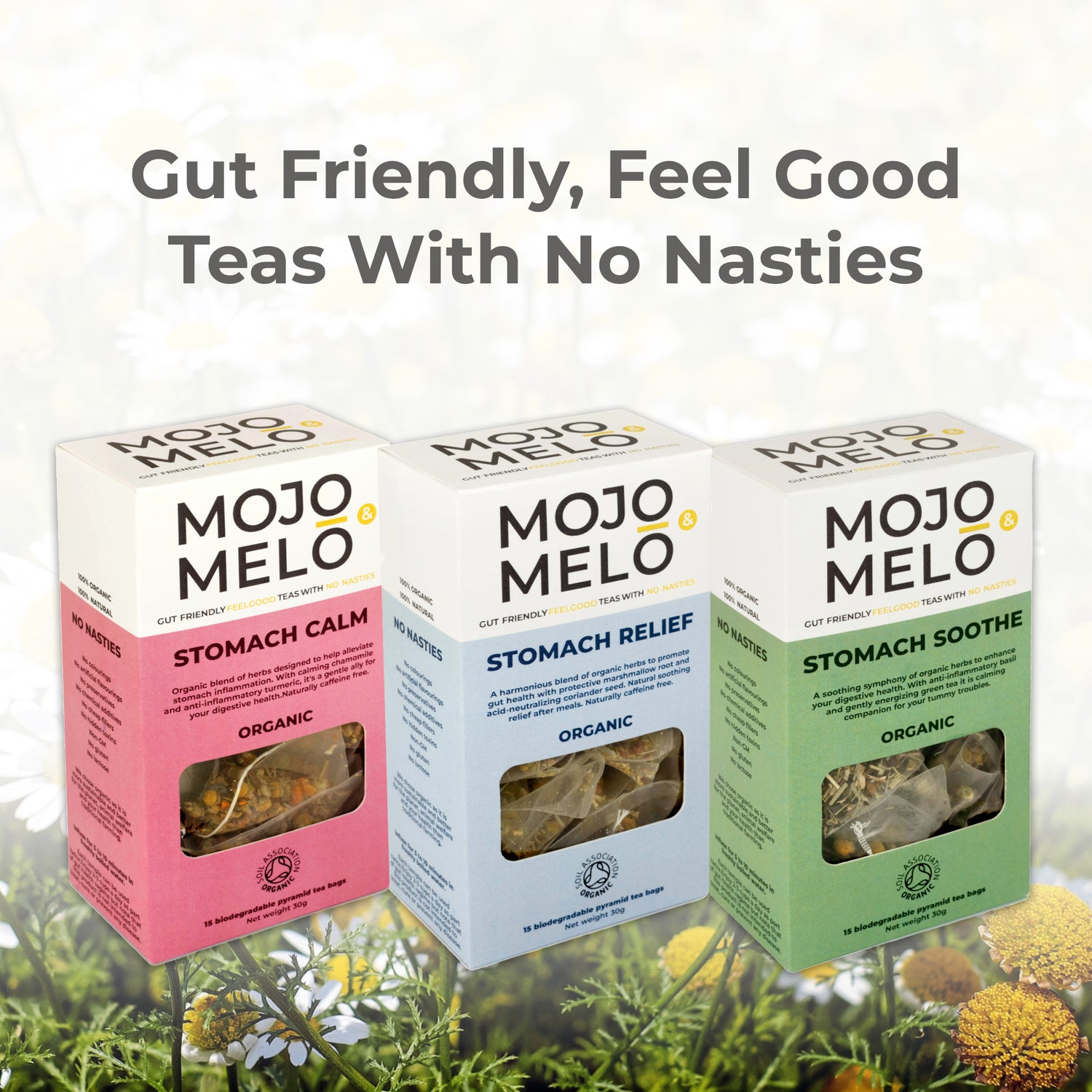Coffee is often cherished as a morning ritual, but have you considered its impact on anxiety? Here's what you need to know:
-
The Drawbacks of Excess: While moderate coffee consumption can be beneficial, overindulgence or having coffee on an empty stomach can lead to adverse effects. Excessive caffeine intake may exacerbate anxiety symptoms, disrupt sleep patterns, and contribute to gastrointestinal discomfort.
-
The Caffeine Puzzle: Caffeine, found in coffee, blocks adenosine receptors in the brain, leading to increased brain activity and alertness. However, it can also trigger anxiety in some individuals by stimulating the release of adrenaline, the stress hormone. This physiological response can manifest as heightened heart rate, jitteriness, and feelings of restlessness.
-
The Psychological Connection: Beyond its physiological effects, caffeine's impact on mood and mental well-being is notable. For individuals predisposed to anxiety, heightened arousal from caffeine consumption can exacerbate symptoms and lead to increased feelings of tension, nervousness, and even panic attacks.
-
A Neurological Perspective: Caffeine disrupts gamma-aminobutyric acid (GABA), a neurotransmitter that promotes calmness by inhibiting brain activity. By interfering with GABA receptors, caffeine may induce feelings of agitation and anxiety in susceptible individuals, further contributing to the complex interplay between coffee consumption and mental health.
-
Biological Impact: Coffee's influence extends beyond neurotransmitter modulation to affect cortisol levels, the body's primary stress hormone. Elevated cortisol levels can intensify anxiety symptoms and contribute to a dysregulated stress response. Additionally, caffeine's effects on heart rate and blood pressure may exacerbate physiological arousal associated with anxiety.
-
A Mindful Transition: Consider switching to green tea like our MOJO & MELO SOOTHE tea after 11 am to reduce caffeine intake while still enjoying the benefits of herbal beverages. Green tea contains L-theanine, an amino acid known for its calming properties, which may counterbalance caffeine's stimulating effects and promote relaxation.
Our MOJO & MELO STOMACH SOOTHE is an excellent alternative, which is calming for gastritis, IBS and supports gut and digestion health. Explore the goodness within each cup and bid farewell to tummy discomfort:
🌱anti-inflammatory basil
🌱energising and antioxidant green tea
🌱calming chamomile
🌱 stomach protective lemongrass
It containing calming ingredients like chamomile and lemongrass to support digestive health while offering a gentle energy boost.
7. Limit Caffeine Afternoon: To promote a calm mind and uninterrupted sleep, limit caffeine intake after 2 pm. Establishing a caffeine curfew can help regulate sleep-wake cycles and mitigate the risk of caffeine-induced insomnia and anxiety-related sleep disturbances.
8. Explore Alternatives: Incorporate gentle teas that support digestive health like our MOJO & MELO herbal teas and overall well-being into your daily routine.
Additionally, consider reducing or eliminating coffee intake if it negatively impacts your mental and physical health. Making informed beverage choices can empower you to prioritise your holistic wellness and create a balanced healthy lifestyle.
- And if you ever feel fatigued, a breath of fresh air or a brisk stair-climbing session can invigorate you without the need for caffeine's assistance.
🌟Make a conscious choice to prioritise your mental and physical health with mindful beverage choices like our MOJO & MELO SOOTHE tea, offering an energising boost without the jitters. 🍵


